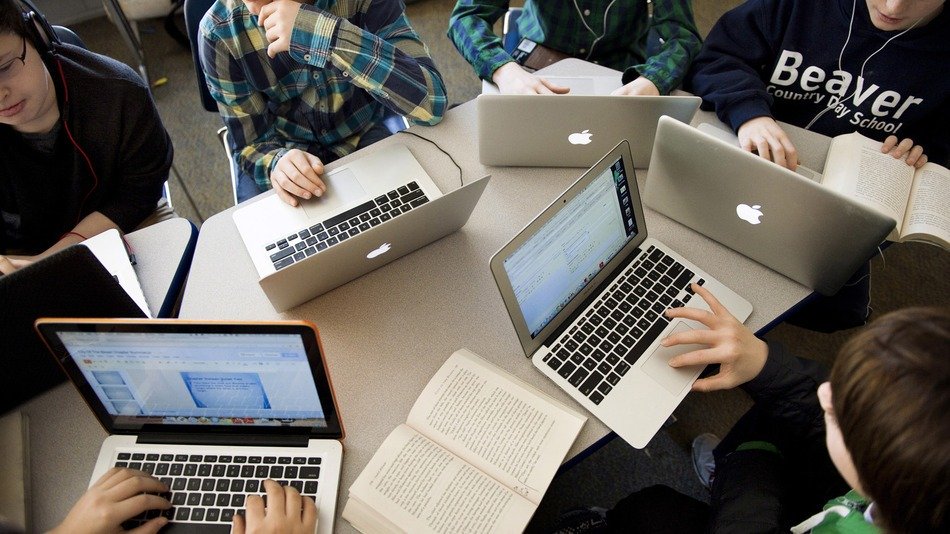As the technology industry continues its rapid growth, tech giants are getting behind the annual Hour of Code to ensure that young people who have an interest in the field have access to the classes and resources they need to fill the millions of positions available for computer science experts.
There is still the general belief that the tech industry is a space reserved for nerdy white men—and after tech giants released their diversity reports earlier this year, it seemed as though there was some validity to that argument.
Companies like Google and Facebook had less than 2 percent Black employees, with hardly any in leadership positions. The companies also had a troubling lack of female employees.
The Hour of Code may be able to help improve these numbers.
Code.org, a non-profit that aims to get youth interested in computer science, launched the Hour of Code last December.
The event is supported by tech giants, local governments and schools across the nation, who all dedicate at least an hour to introducing young people to coding and computer science.
One of the tech giants getting behind the movement is Apple. Apple will be offering free coding classes for kids and adults at many of their retail locations on December 11.
For Apple senior VP of internet software and services, it’s exactly the type of international movement that the company loves to get behind.
“Education is part of Apple’s DNA and we believe this is a great way to inspire kids to discover technology,” Eddy Cue said.
While the annual worldwide event does not particularly reach out to marginalized groups, it does offer free resources that many Black youth would not have access to otherwise.
Such events have been promoted as viable solutions to the tech world’s massive diversity problem.
Last year’s Hour of Code was a huge success and managed to introduce roughly 15 million students to the world of technology and computer science.
The students also learned the basics of coding and collectively wrote more than 600 million lines of code, according to the Christian Science Monitor.
This year, Code.org hopes to reach at least 100 million students.
The Hour of Code already has been celebrated as the biggest educational event in history by several major news outlets and has been part of an even larger movement to get more schools in the United States to place more value on computer science classes.
Code.org’s website claims that more than 20 states in the U.S have school systems that don’t allow computer science classes to be counted towards the credits students need to graduate.
Code.org has been adamant about getting more schools to efficiently incorporate computer science classes in their K-12 curriculum.
Major progress has already been made, as more than a dozen states have updated their educational policies to give computer science classes a more prominent role in their programs.
From December 8-14, which is Computer Education Week, thousands of events will take place across the globe to get students interest in computer science. More information on all the events and companies supporting the movement can be found on the Hour of Code’s official website.

